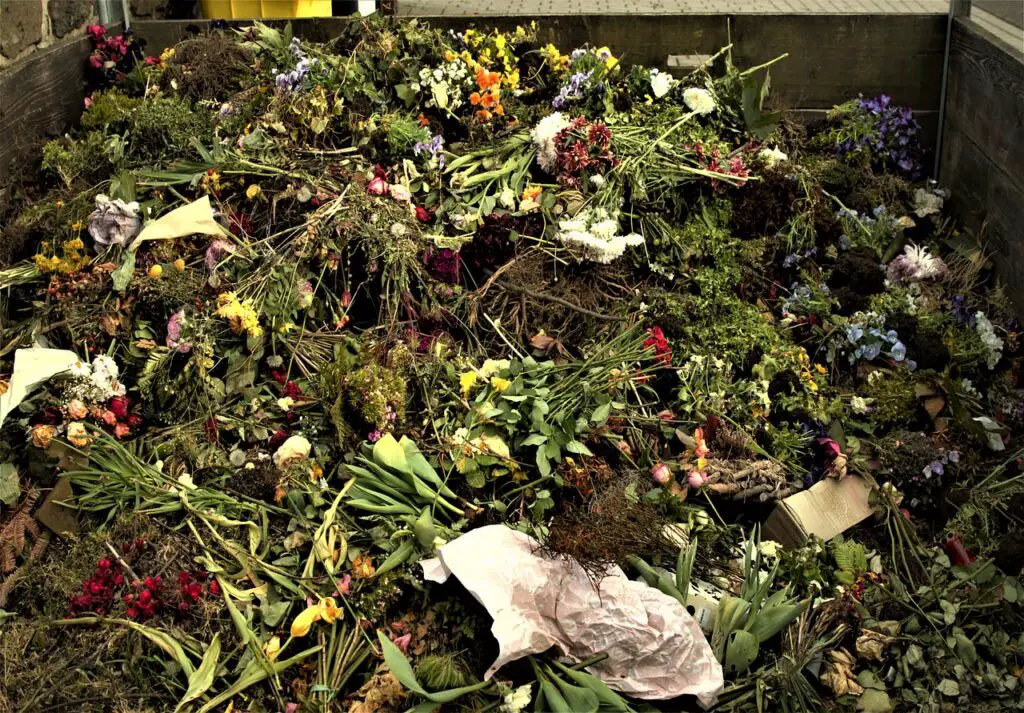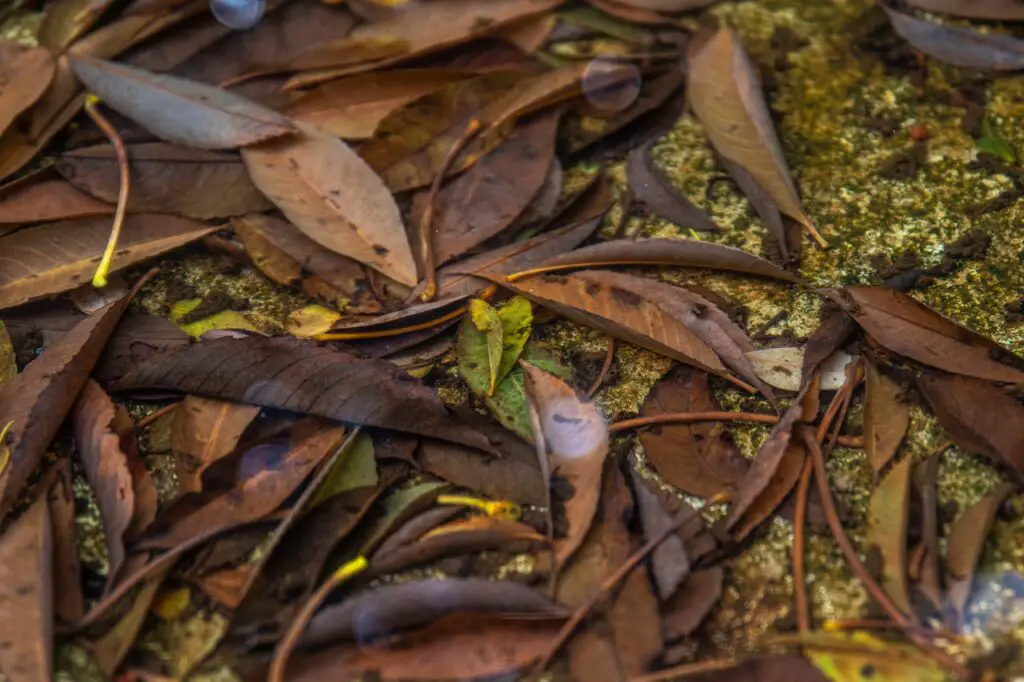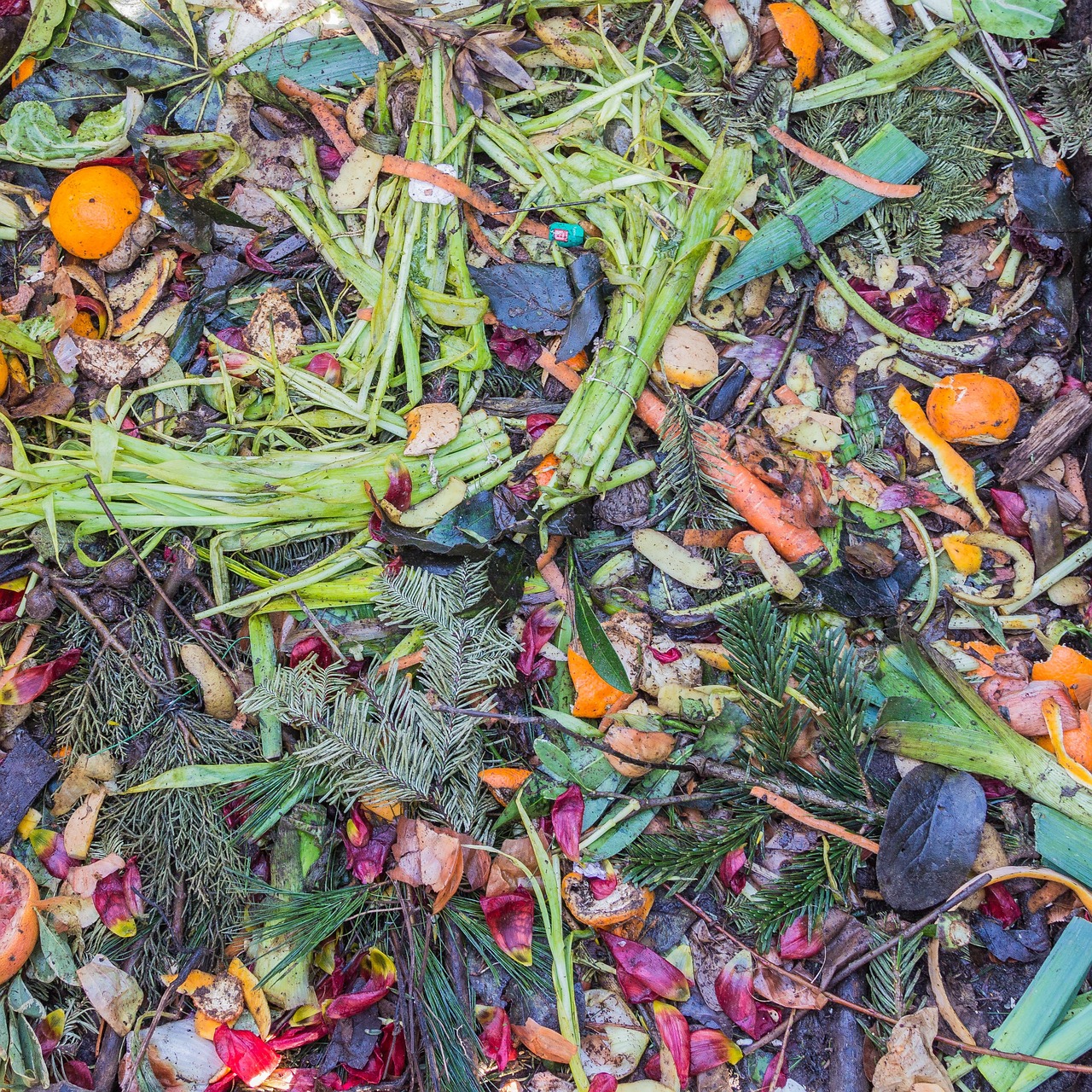Fly-tipping is a common problem that poses serious threats to the environment and community well-being. While many are aware of the illegal dumping of rubbish in public spaces, a lesser-known issue is neighbour fly-tipping garden waste in the UK.
Neighbours fly-tipping garden waste in the UK not only harm the environment but also strains community relationships.
Fly-tipping in the UK includes garden waste. Fly-tipping refers to the illegal dumping of waste on land without proper authorisation. This can include various types of waste, including garden waste such as hedge trimmings, lawn clippings, tree cuttings, and other green waste materials.
Engaging in fly-tipping with any type of waste, including garden waste, is a serious offence and subject to legal consequences to protect the environment and public health.
In this blog, I will delve into the problems of neighbour fly-tipping garden waste, its consequences, and explore potential solutions to tackle this issue.
Understanding Neighbour Fly-Tipping
Fly-tipping involves the illegal dumping of waste on land without proper authorisation.
In the context of gardens, it often includes various garden waste such as hedge trimmings, lawn clippings, and tree cuttings.
Neighbours may resort to this action due to a lack of awareness regarding proper waste disposal options, convenience, or in some cases, more malicious motives.
Many councils are now charging for green bins so some individuals may fly-tip garden waste because they don’t have a green bin or simply can’t be bothered to take the garden waste to the tip.
Environmental & Social Consequences
The impact of neighbour fly-tipping is multifaceted.
Ecologically, it disrupts local ecosystems and endangers wildlife. Harmful chemicals from garden waste can leach into the soil and nearby water bodies, posing long-term threats to biodiversity.
Socially, fly-tipping damages the aesthetics of the community and reduces property values, which can affect the quality of life for residents.
Fly-tipping garden waste can also lead to blocked drains and flooding.
Furthermore, the burden of cleaning up fly-tipped waste falls on local authorities and waste management services, diverting their resources from other essential tasks.

Steps To Take If You Witness Your Neighbour Fly-Tipping Garden Waste in The UK
If you witness your neighbour fly-tipping garden waste, it is essential to take prompt and responsible action.
By reporting the incident, you contribute to maintaining a clean and sustainable environment for your community.
Here are the steps you should take:
Step 1 – Document the Incident
As soon as you witness the fly-tipping, try to gather as much information as possible. Take note of the date, time, and location of the incident. If safe to do so, take photographs or videos of the fly-tipping and the items dumped. These pieces of evidence will be helpful when reporting the incident to the authorities.
Step 2 – Ensure Your Safety
While documenting the incident, prioritise your safety. Do not confront the neighbour engaging in fly-tipping, especially if you feel the situation might escalate. Maintain a safe distance and avoid engaging in any potentially confrontational interactions.
Step 3 – Contact Local Authorities
Report the incident to your local council or waste management authority. They are responsible for dealing with fly-tipping cases and enforcing relevant laws and regulations. You can usually find their contact information on their official website or by calling the non-emergency police number.
Step 4 – Provide Detailed Information
When reporting the incident, provide as much detail as possible about what you witnessed. Include the date, time, location, and a description of the waste that was dumped. If you managed to capture any photos or videos, offer to provide them as evidence to aid in the investigation.
Step 5 – Encourage Other Witnesses
If there were other witnesses to the fly-tipping, encourage them to report the incident as well. Multiple reports can strengthen the case and increase the likelihood of a prompt response from the authorities.
Step 6– Stay Informed
After reporting the incident, stay informed about the progress of the investigation. If possible, ask the local authorities for updates on their actions and any outcomes resulting from your report.
Step 7 – Provide Detailed Information
When reporting the incident, provide as much detail as possible about what you witnessed. Include the date, time, location, and a description of the waste that was dumped. If you managed to capture any photos or videos, offer to provide them as evidence to aid in the investigation.
Step 8 – Support Community Awareness
Take the opportunity to raise awareness about the issue of fly-tipping in your community. Engage with your neighbours and discuss the importance of responsible waste disposal. Encourage them to use legal waste collection services or explore composting and recycling options.
Step 9 – Document Subsequent Incidents
If you notice repeated instances of fly-tipping by your neighbour, continue to document each incident and report them to the authorities. Frequent reports can indicate an ongoing problem and prompt authorities to take stronger measures.
Step 10 – Consider Mediation
If your neighbour is fly-tipping garden waste on your private land, consider mediation. If the situation allows, and you feel comfortable doing so, consider discussing the issue with your neighbour. Approach the conversation calmly and respectfully, expressing your concerns about the fly-tipping and its impact on the community. Mediation can sometimes lead to a resolution without involving authorities.
You can get quick and free quotes from mediators on Bark.com. I have personally used Bark and was impressed with the service.
Remember, fly-tipping is illegal and harmful to the environment and community. By taking the appropriate steps and reporting incidents, you are contributing to a cleaner and safer neighbourhood for everyone.
The following may be of interest to you:
- What is the Legal Height of a Hedge Between Neighbours?
- Bonfires Before 7pm: How to Deal With Bonfire Nuisance
- My Neighbour’s Garden Is An Eyesore! What Can I Do?
Consequences of Fly-Tipping Garden Waste in the UK
Fly-tipping garden waste in the UK is a serious offence, and those caught engaging in this illegal activity may face significant consequences.
The UK government and local authorities take fly-tipping seriously to protect the environment and maintain community well-being.
The consequences for fly-tipping garden waste in the UK can include:
Fines and Fixed Penalty Notices: Fly-tipping offenders can receive fines, which can vary depending on the severity of the offence and the quantity of waste dumped. In some cases, local councils may issue Fixed Penalty Notices as an alternative to prosecution, allowing offenders to pay a fine without going to court.
Prosecution: For more severe cases of fly-tipping or repeat offenders, prosecution may be pursued. If convicted in court, individuals may face a criminal record, substantial fines, and even imprisonment in the most serious cases.
Clean-up Costs: The person responsible for the fly-tipping may be required to cover the costs of removing the dumped waste. This could include not only the removal of their waste but also any necessary environmental cleanup if the dumped items posed a risk to the environment.
Seizure of Vehicles: If fly-tipping is done using a vehicle, such as a van or a car, the vehicle involved may be seized by authorities. This can cause significant inconvenience and financial loss for the owner.
Environmental Impact: Fly-tipping can cause harm to the environment, wildlife, and nearby communities. The consequences of fly-tipping extend beyond just legal penalties and may have lasting negative effects on the local ecosystem.
Damage to Reputation: Aside from legal and financial consequences, fly-tipping can damage the reputation of the individual or business involved. This can lead to social consequences and strained relationships within the community.
Loss of Trust and Cooperation: In communities where fly-tipping is a recurring issue, incidents of illegal dumping can erode trust between neighbours and undermine community cooperation in other areas.
To address fly-tipping effectively, local authorities, law enforcement agencies, and community members must work together.
Raising awareness about the consequences of fly-tipping and promoting responsible waste disposal practices can help prevent such incidents and maintain a cleaner and more sustainable environment for everyone.
If you witness fly-tipping, it is crucial to report it to the appropriate authorities promptly. You can also report the fly-tipping on the Gov.uk website.

Promoting Responsible Garden Waste Disposal
Prevention is always better than cure.
We can combat neighbour fly-tipping by educating our community about the proper methods of garden waste disposal. Composting and recycling initiatives should be promoted to reduce the volume of green waste ending up in landfills.
Local councils can play a pivotal role in facilitating responsible waste management by providing convenient green waste collection points and organising community composting programs.
Final Thoughts on Neighbour Fly-Tipping Garden Waste UK
Neighbour fly-tipping garden waste UK is a serious problem that demands our attention and action.
Understanding the legal implications, promoting responsible waste disposal, resolving disputes, and building community awareness are crucial steps towards mitigating this issue.
By working together and fostering a sense of responsibility towards the environment, we can create cleaner, greener, and more harmonious communities for everyone to enjoy.





Leave a Reply